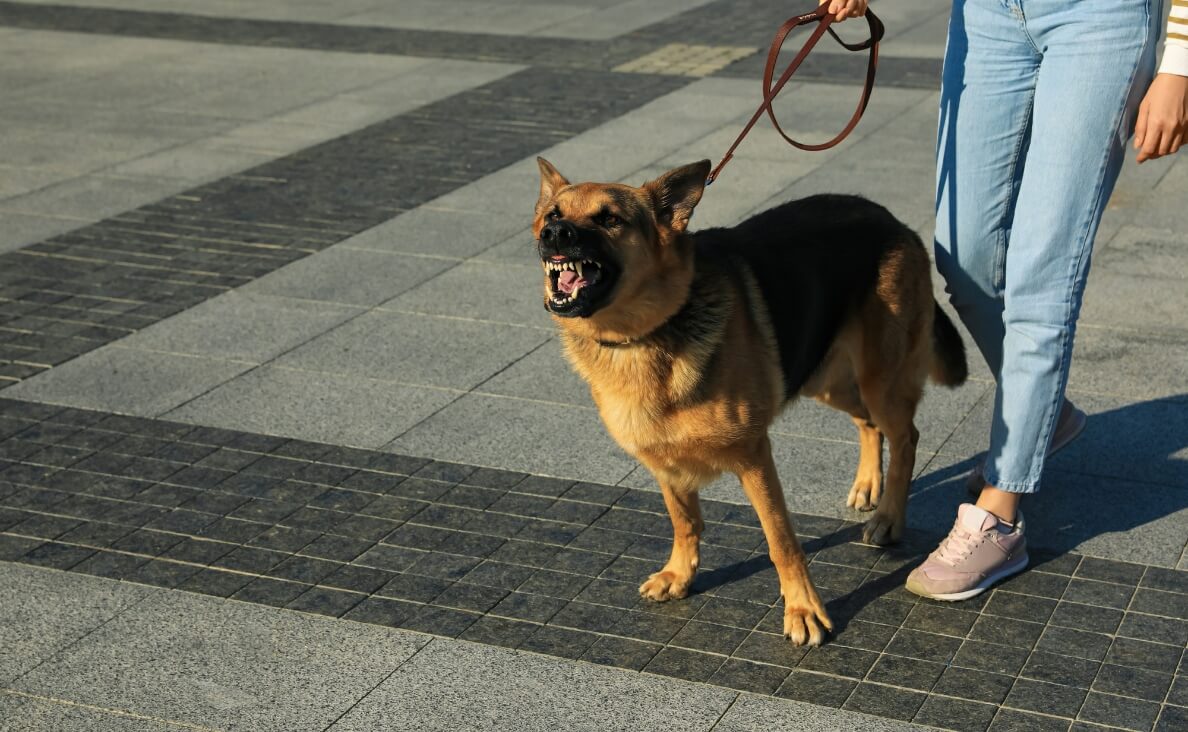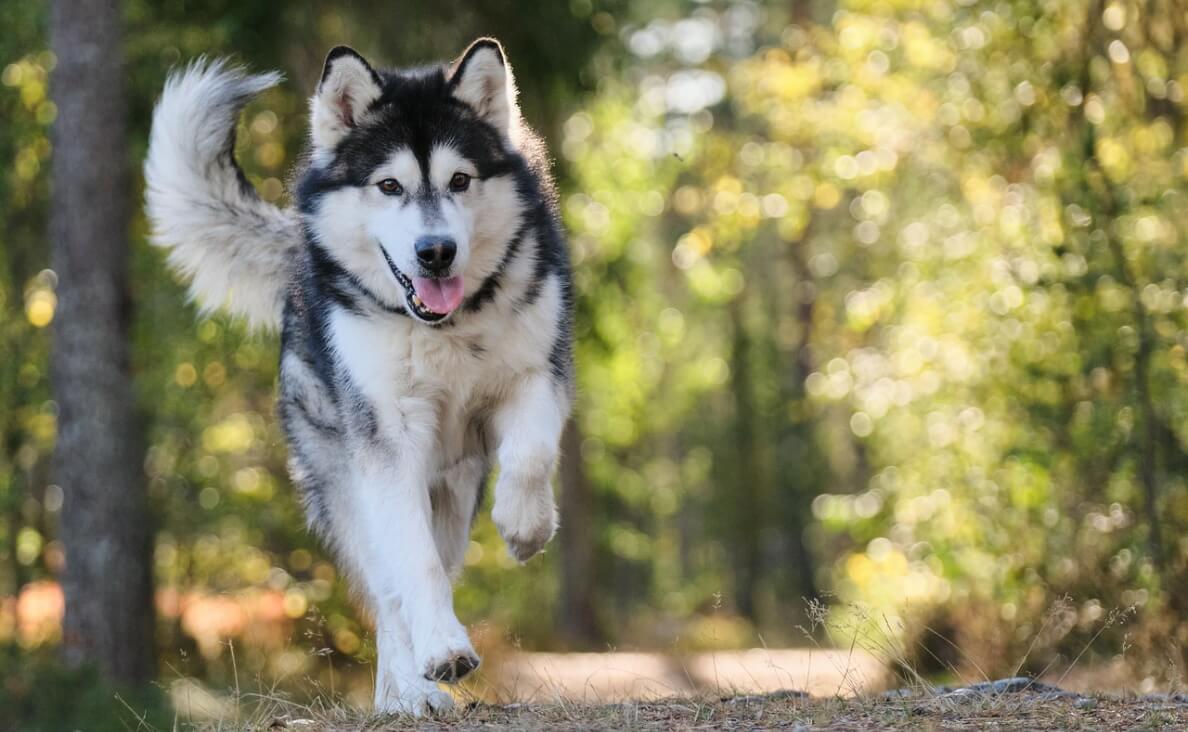
For many dog owners, dealing with behaviors like territorial marking and aggression can be challenging. You might wonder if neutering your male dog is the solution to these issues. Neutering is a commonly recommended procedure, but its effects on behavior are not always straightforward. In this blog post, we’ll explore the connection between neutering a male dog and changes in marking and aggression, providing insights to help you make an informed decision for your pet.
Related: Will Neutering or Spaying Calm Your Dog?
What is Neutering?
Neutering, also known as castration, is a surgical procedure in which a male dog’s testicles are removed. This operation eliminates the primary source of testosterone, a hormone that influences various behaviors in dogs.
Neutering a male dog is performed for several reasons, including:
- Preventing overpopulation by ensuring the dog cannot reproduce.
- Reducing health risks such as testicular cancer and prostate issues.
- Managing hormonally-driven behaviors like marking and aggression.
The procedure is routine, and most dogs recover quickly with proper post-operative care. While neutering is effective in many cases, it’s not a magical cure for all behavioral problems, which we’ll explore in detail below.

Why Do Male Dogs Mark and Show Aggression?
Understanding why dogs exhibit these behaviors is key to determining whether neutering can help.
Marking Behavior
Marking involves a dog urinating on objects or areas to establish territory. It’s a natural behavior driven by hormones and instincts. Common reasons for marking include:
- Territorial instincts: A way to communicate ownership.
- Anxiety or stress: Changes in the environment, such as moving to a new home, can trigger marking.
- Social signals: Marking can also occur when encountering the scent of other dogs.
Aggression
Aggression in dogs can manifest in various forms, from growling to snapping or even biting. While not all aggression is hormone-driven, testosterone often plays a role in behaviors related to dominance or competition. Common triggers for aggression include:
- Protecting resources: Food, toys, or territory.
- Fear or insecurity: Reacting to perceived threats.
- Social hierarchy: Asserting dominance over other dogs or humans.
While hormones are a significant factor, learned behaviors, training, and the dog’s environment also influence these actions.

Does Neutering a Male Dog Reduce Marking?
One of the main reasons dog owners consider neutering is to address marking behavior. Testosterone is a key driver of territorial marking, and reducing its levels can often lead to a decrease in this behavior.
Hormonal Influence
Testosterone stimulates marking by reinforcing a dog’s instinct to claim territory. When neutering a male dog, testosterone levels drop significantly, which can reduce the urge to mark. Studies have shown that neutering can reduce marking behavior in approximately 50-60% of dogs.
Factors That Influence Results
The effectiveness of neutering depends on several factors:
- Age at Neutering: Dogs neutered at a younger age (before marking becomes a deeply ingrained habit) are more likely to show improvement.
- Learned Behavior: If marking has become a habitual response, neutering alone may not eliminate it. Training and behavior modification may also be needed.
- Underlying Causes: Marking due to anxiety or stress may persist even after neutering.
While neutering a male dog can be helpful, it’s important to pair the procedure with consistent training to address any learned marking behaviors.

Does Neutering a Male Dog Reduce Aggression?
Aggression in dogs is often a more complex issue than marking. While testosterone contributes to some forms of aggression, it is not the sole factor.
Testosterone and Aggression
Testosterone can heighten behaviors related to dominance and competition.
Neutering reduces testosterone levels, which often leads to a decrease in aggression related to:
- Dominance: Dogs may be less likely to assert themselves over other animals or people.
- Sexual Competition: Reduced interest in females can decrease competition-driven aggression.
Research Findings
Studies suggest that neutering reduces aggression in about 25-30% of male dogs, depending on the type of aggression. It’s most effective for hormonally-driven aggression, such as that related to dominance or mating. However, neutering is less effective for aggression stemming from fear, poor socialization, or trauma.
In a study of 42 dogs, researchers found that neutering adult male dogs can significantly reduce problematic behaviors. These behaviors include roaming, fighting with other males, marking territory indoors with urine, and mounting other dogs or people. Remarkably, roaming behavior decreased in 90% of the dogs after they were neutered.
Complementary Strategies
To address aggression effectively, neutering should be paired with:
- Training: Teach your dog appropriate behaviors and reinforce positive interactions.
- Socialization: Introduce your dog to various environments and other animals in a controlled way.
- Professional Help: Consult a veterinarian or animal behaviorist for severe aggression issues.
While neutering can play a role, it’s not a standalone solution for aggressive behavior.

Additional Benefits of Neutering a Male Dog
In addition to potentially reducing marking and aggression, neutering offers other benefits for your dog’s health and behavior.
Health Benefits
- Reduced Risk of Testicular Cancer: Since the testicles are removed, the risk of testicular cancer is eliminated.
- Prostate Health: Neutering reduces the likelihood of prostate enlargement and associated urinary problems.
Behavioral Benefits
- Reduced Roaming: Neutered dogs are less likely to roam in search of females, reducing the risk of accidents or getting lost.
- Decreased Mounting: Lower testosterone levels often reduce behaviors like excessive mounting.
Cost Savings
Preventing health issues and unwanted litters can save money in the long run, making neutering a financially sound decision.
Related: Top 6 Reasons to Spay or Neuter Your Dog

Potential Risks or Downsides of Neutering
While neutering has many benefits, it’s essential to consider potential drawbacks.
Weight Gain
Neutered dogs may experience a slight decrease in metabolism, leading to weight gain if their diet and exercise aren’t adjusted. This can be managed with proper portion control and regular activity.
Surgical Risks
Like any surgery, neutering carries a small risk of complications, such as infection or adverse reactions to anesthesia. Choosing a qualified veterinarian minimizes these risks.
Behavioral Changes
Some dogs may become more passive or less playful after neutering. While this can be beneficial for certain behaviors, it might not be ideal for all dogs.
Related: How Safe is Neutering or Spaying for Your Dog?

Final Thoughts: Is Neutering the Right Choice for Your Dog?
Neutering a male dog can reduce marking and aggression in many cases, especially when these behaviors are linked to hormonal influences. However, it’s not a guaranteed solution and should be considered alongside other factors like training, socialization, and the dog’s individual temperament.
Ultimately, the decision to neuter your dog should be made in consultation with your veterinarian, who can provide personalized advice based on your dog’s age, health, and behavior.
What Do You Think?
Has neutering helped reduce marking or aggression in your dog? What changes did you notice after the procedure? Share your experiences and tips in the comments below—we’d love to hear from you!

 The Most Popular Dog Names in 2017
The Most Popular Dog Names in 2017 Why Shock Collars Hurt Dogs and Better Training Methods
Why Shock Collars Hurt Dogs and Better Training Methods Cranial Cruciate Ligament Rupture in Dogs
Cranial Cruciate Ligament Rupture in Dogs Understanding Aging in Dogs
Understanding Aging in Dogs Train Your Dog to Help with Household Chores
Train Your Dog to Help with Household Chores






Leave a Reply